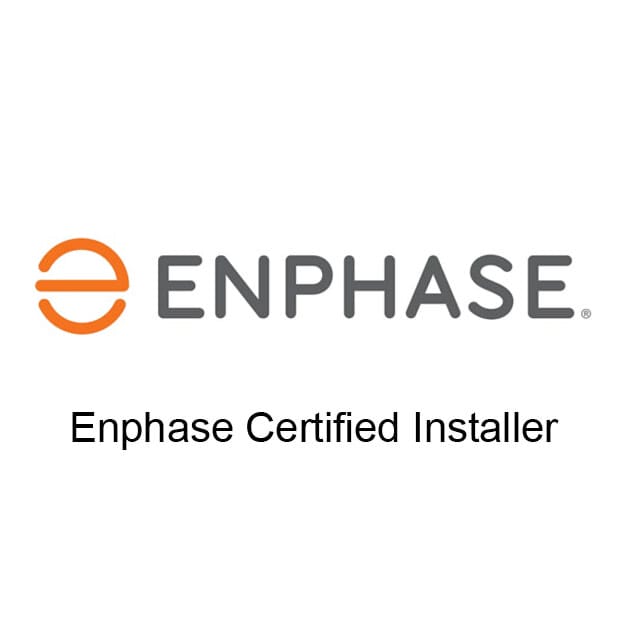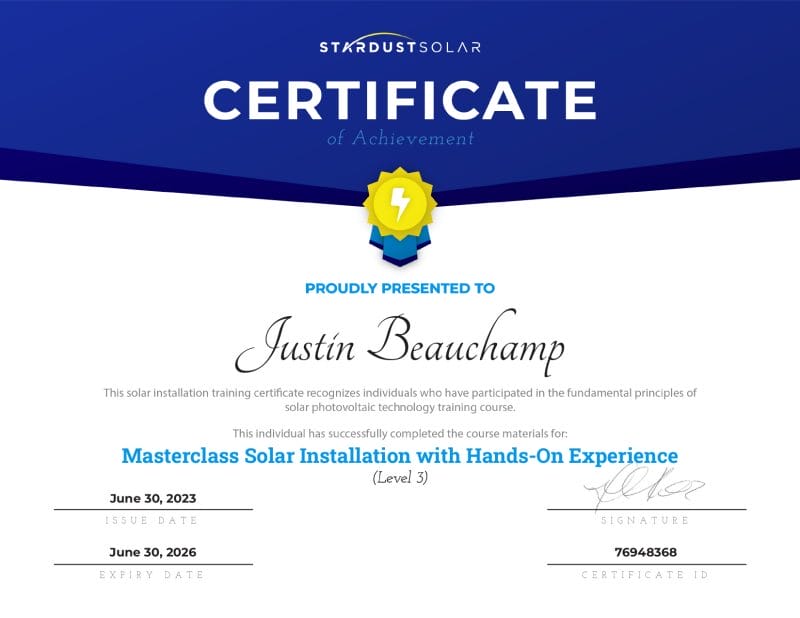Canada’s solar energy sector has grown due to technology, government policies, and environmental awareness. In the decision to shift to solar power, residential solar installation cost is important.
According to a University of Calgary study, solar power costs have dropped by 90% in the past decade, making it comparable to natural gas. Several factors contribute to the reduction in installation costs, including technological advancements, economies of scale, and supportive government incentives.
These factors are essential for homeowners considering solar power. Expert solar panel installers also ensure efficient, high-quality installations that maximize solar energy system benefits over time.
A Canadian Perspective on Solar Energy
Solar Technology Adoption and Initial Costs
Canada adopted solar technology in the late 1970s and early 1980s, mostly through research and pilot projects. Early solar photovoltaic (PV) systems cost over $70 per watt, making them only suitable for remote telecommunications and off-grid homes. Only those with remote power needs and significant financial resources were early adopters.
Solar Technology Evolution and Adoption Rate
- Solar technology has advanced in PV efficiency, manufacturing, and materials science over the past few decades.
- Silicon-based, thin-film and perovskite solar panels have greatly reduced costs and improved electricity conversion efficiency.
- By the 2000s, solar energy systems cost around $10 per watt, and these prices continued to fall as global manufacturing scaled up and supply chains matured.
- Solar power reliability increased due to falling costs, climate change awareness, and better excess solar energy storage solutions.
- Installation costs for residential solar systems dropped below $3 per watt by 2020.
Recent Developments in Solar Energy
Solar Panel Efficiency and Durability Improvements
The past few decades have seen dramatic improvements in solar panel system efficiency and durability. Initial solar panel installation efficiencies were 5-10%, which limited their adoption due to the large area needed for energy production.
- Modern solar energy system technologies increase the efficiency of commercially available solar panels by over 20%.
- The highly efficient monocrystalline silicon panels now routinely achieve efficiencies above 22%.
- Passivated emitter and rear cell (PERC) technology improves electron capture and recombination losses.
- If optimized, bifacial solar panels can capture sunlight from both sides, increasing energy yield by 30%.
- Modern solar panels can withstand snow, wind, and hail. Manufacturers now offer 25-30-year performance and durability warranties.
- The use of ethylene-vinyl acetate (EVA) and improved frame designs has increased UV resistance, moisture ingress, and mechanical stress, which ensures longevity and reliability.
Manufacturing Cost Reduction
Multiple factors have reduced solar panel manufacturing costs.
- Economies of Scale. Higher global demand for solar panels has increased production volumes, lowering per-unit costs.
- Technological Advancements. Production innovations like diamond wire saws for slicing silicon wafers have reduced waste and costs. Thin-film technologies and perovskites have also reduced costs.
- Material Efficiency. Producing thinner silicon wafers and using less silver in panel contacts has reduced costs.
- Automation and Improved Manufacturing Techniques. Automation has reduced labour costs and improved quality and consistency. Production efficiency has increased with automated assembly lines and precision manufacturing.
Innovations in Solar Panel Installation
| Innovation | Description | Cost Benefits |
| Prefabricated Mounting Systems | Prefabricated systems that reduce on-site labour and time. | Easier assembly and reduced need for custom fabrication. |
| Modular Solar Panel Designs | Flexible and scalable installations with modular solar panels. | You can remove or add solar panels to fit various roof sizes and shapes, speeding up installation. |
| Advanced Tracking Systems | Solar tracking systems that align solar panels with the sun. | Optimizes panel angle during the day to capture more energy. |
| Micro-Inverters and Power Optimizers | Devices that allow each panel to operate independently. | Improves residential solar system performance by easing electrical integration and reducing shading/panel mismatches. |
Public Financial Assistance and Incentives
Federal and state incentives in Canada encourage going solar or adopting solar energy. These financial benefits lower solar system installation costs for homeowners, making renewable energy more accessible.
Provinces offer different incentives. Alberta’s Residential and Commercial Solar Program offers rebates to help residents afford clean energy. Other provinces like British Columbia and Quebec offer tax credits, sales taxes, solar leases, and low-interest loans.
Specific Homeowner Cost-Reduction Programs
| Canada Greener Homes Grant | This program provides up to $5,000 for improvements in home solar panels. It gives pre- and post-retrofit evaluations $600. |
| Alberta Residential and Commercial Solar Program | This program rebates up to 30% of residential system installations. |
| Net Metering Programs | In Ontario, British Columbia, and Nova Scotia, net metering lets homeowners sell excess electricity to the electricity grid (or utility company) at retail rates. |
| Ontario MicroFIT Program | The now-defunct Ontario MicroFIT program guaranteed fixed payments for small renewable energy projects’ energy production. |
| Canada’s Investment Tax Credit (ITC) | This federal tax credit will continue until 2030, which provides a refundable incentive of up to 30% of the home solar investment cost. |
Other Reasons Why Solar Energy Costs Dropped
According to Sara Hastings-Simon, a macro energy systems researcher, these factors have reduced solar energy’s cost by 99% since 1980, making it the cheapest electricity source among other power sources.
- Improved Technology: Solar panels now convert sunlight into electricity more efficiently, generating more power from the same material.
- Acquiring Knowledge Through Time: Increasing the production and installation of solar panels by companies results in increased efficiency and skill, which reduces costs.
- More Affordable Loans. The cost of personal finance to construct solar power projects has decreased. Recent financial models also show solar power is cheaper than previously thought.
- Continuing Innovation. Minimal improvements in solar technology are regularly made to keep prices down. Each update further reduces the overall upfront cost.
Switch To Affordable Solar Energy Today
With the expected further reductions in costs and advancements in technology, residential solar energy can save homeowners money. You should consider solar installations for significant savings and environmental benefits.
MAG Solar can advise and maximize incentives and rebates, making solar energy a practical and beneficial choice for you. Install solar panels with us to maximize electricity generated and learn exactly how much energy and savings you can credit from your energy bills.
Frequently Asked Questions
What is the expected price drop for solar power system installations in Canada?
A recent report by the National Energy Board examined the economics of solar power on a national scale. The following is the price tag for a 5 kW home project as per NEB:
- Solar Panels Cost (Current): $15,985
- Near future (5 years): $12,975
- Low-cost future (10 years): $11,260
Is now a good time to invest in a residential solar panel system?
Yes, now is a good time to invest in solar energy systems for long-term financial and environmental benefits due to falling costs, incentives, and technological advances. Starting early guarantees a return on investment and lower electric bills in the coming years.
What are the most important things to think about when putting solar power systems?
Before installing solar panels, consider your roof’s orientation and shading, local solar policies and regulations, incentives, energy consumption patterns, and local installers’ reputations.







